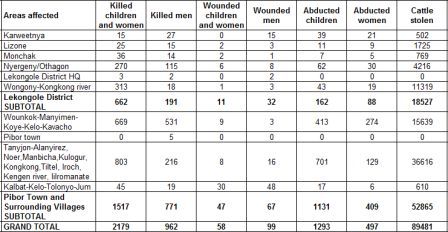UN to provide emergency support Pibor displaced people
January 7, 2012 (JUBA/PANYAGOR) – Humanitarian agencies are mounting a major emergency operation in Jonglei state in South Sudan to help people affected by the recent wave of inter-communal violence, according to a UN press release.
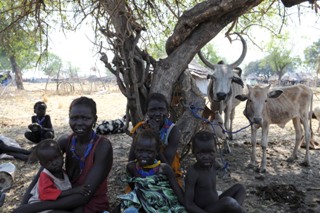
From June to December 2011 over 1,000 were killed in raids in which cattle were stolen, women and children abducted, and homes burnt. The attack over New Year is a massive escalation in the conflict between the two rival cattle herding tribes.
“The Government of South Sudan has declared Jonglei a disaster zone and asked humanitarian agencies to accelerate life-saving assistance. We’re responding to that call,” the United Nations Humanitarian Coordinator in South Sudan, Lise Grande, said in a statement on Saturday.
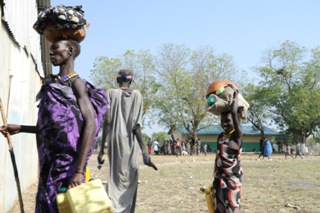
Agencies have assisted the evacuation of more than 140 seriously wounded people from the area. Emergency teams are on the ground providing assistance in the Pibor and Boma areas. Teams are mobilising to reach Walgak and in three villages which have been burnt to the ground, Likuangole, Fertait and Bilait.
Preliminary results of assessments in hard-hit areas indicate that the most urgent needs include high-nutritional food, clean water, health care and shelter.
“This emergency operation is going to be one of the most complex and expensive in South Sudan since the Comprehensive Peace Agreement was signed in 2005. With the exception of Boma, the areas we need to access are extremely remote and can only be reached by air,” Grande said.
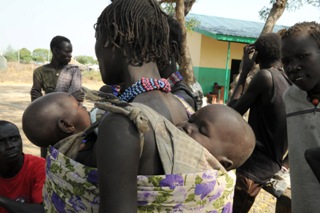
“Although humanitarian partners are facing major obstacles, we will do what we can to help the Government meet urgent needs,” said Grande.
“And delivering assistance by air is hugely expensive compared to delivery by road. Unfortunately, in the areas affected in Jonglei, we don’t have a choice,” said Grande.
Jonglei is not the only state struggling to cope with large numbers of displaced people.
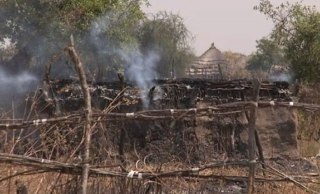
“Before the crisis in Jonglei, humanitarian partners were already over-stretched. In some of the worst-hit places, there are only a handful partners on the ground. In some places, there are none. Although humanitarian partners are facing major obstacles, we will do what we can to help the Government meet urgent needs,” said Ms. Grande.
South Sudan officially became an independent July last year, following a 2005 peace deal north Sudan. There have been sporadic cross-border attacks since.
But internal violence between the Lou Nuer and the Murle tribes is a reminder of the challenges the world’s newest country faces inside its own borders.
On Tuesday Grande said the death toll could be anywhere from dozens to hundreds.
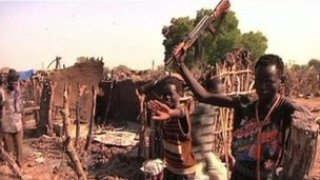
On Thursday, Herve Ladsous, the undersecretary-general for peacekeeping operations, called the situation in Jonglei “a very serious crisis.”
“I think the problem we face in this particular region of Jonglei state is one of access, because there are no roads and we have insufficient helicopters,” he told reporters following his address to the Security Council. He said the UN had reinforced its staff in the area and that the South Sudanese government should try to do the same.
(ST)
